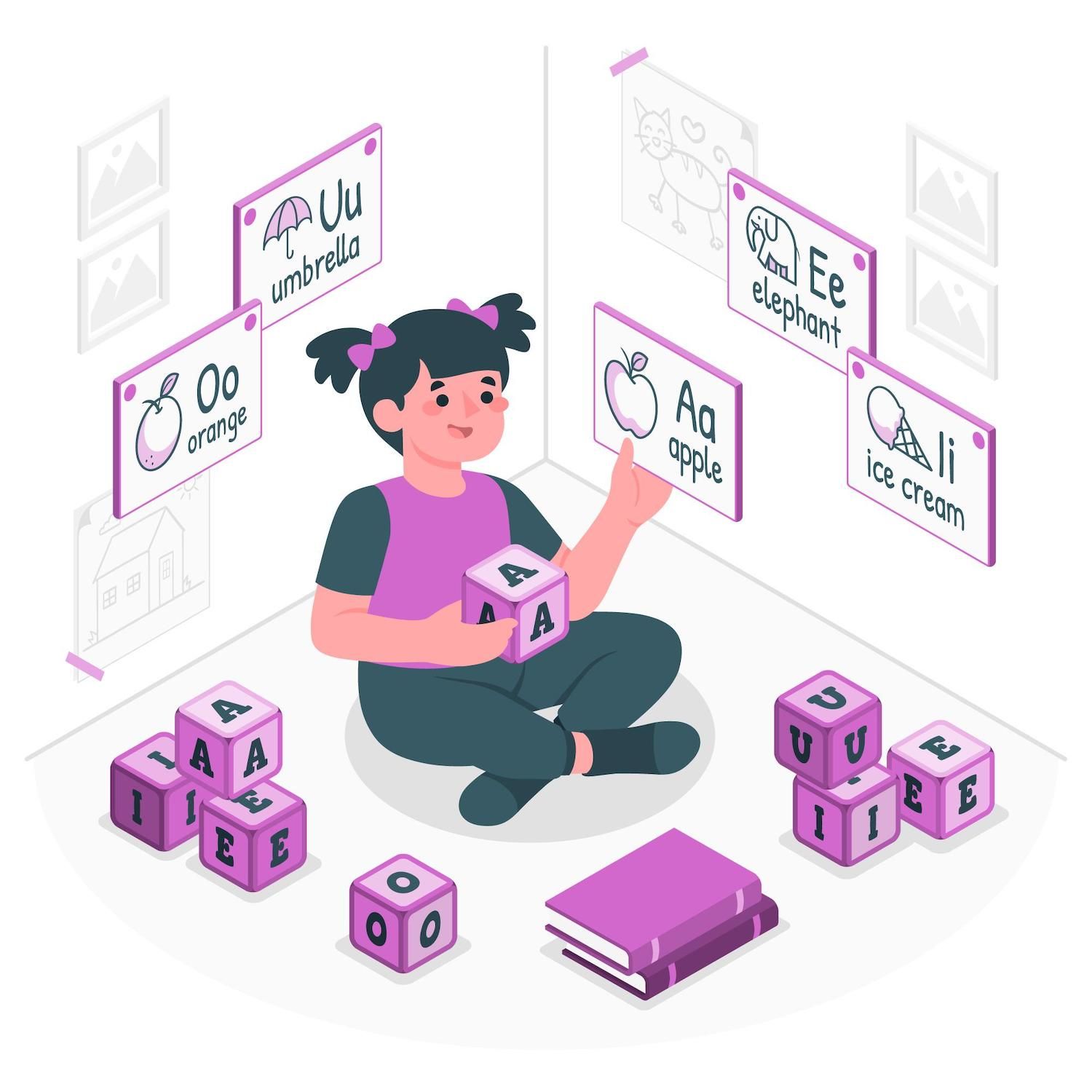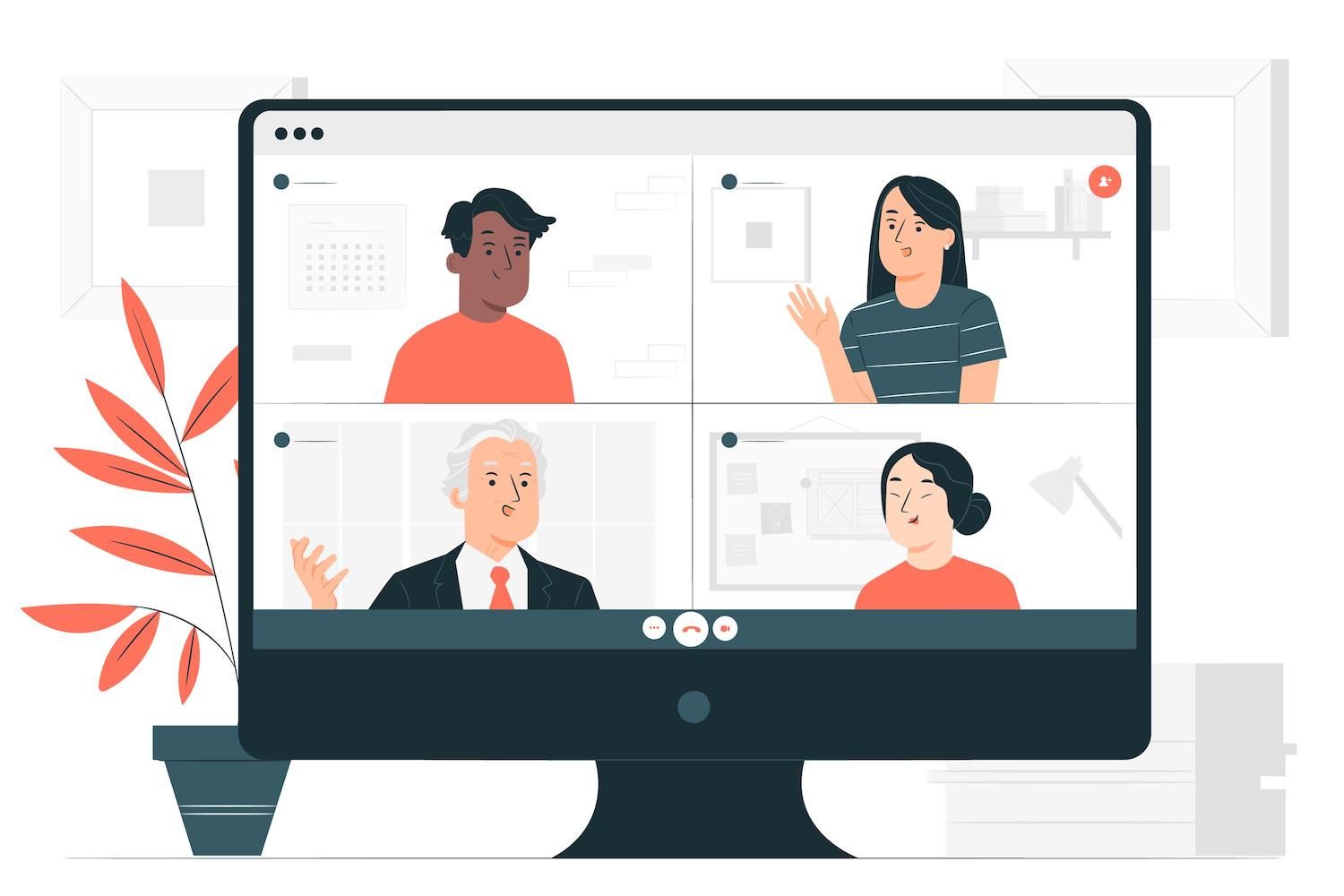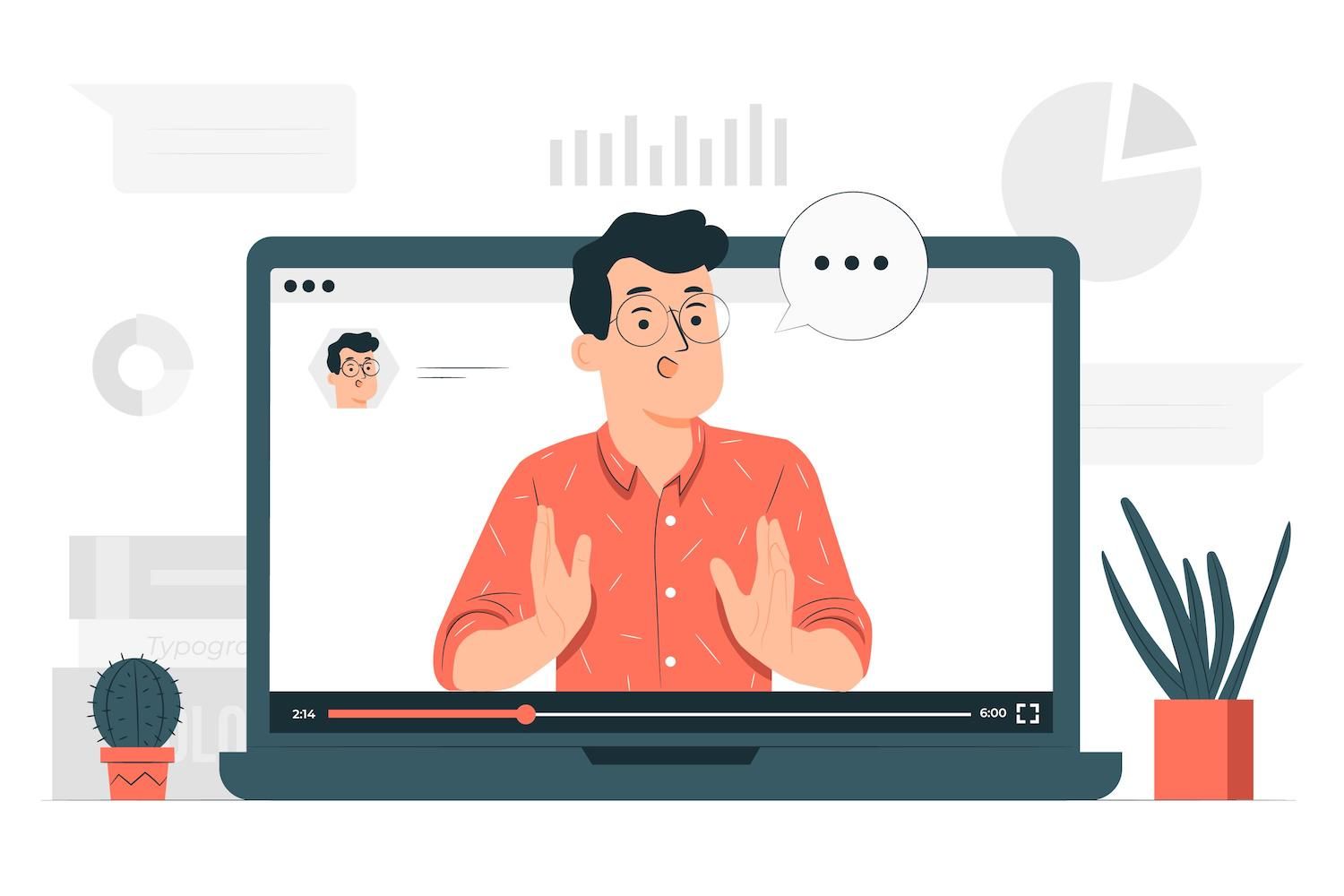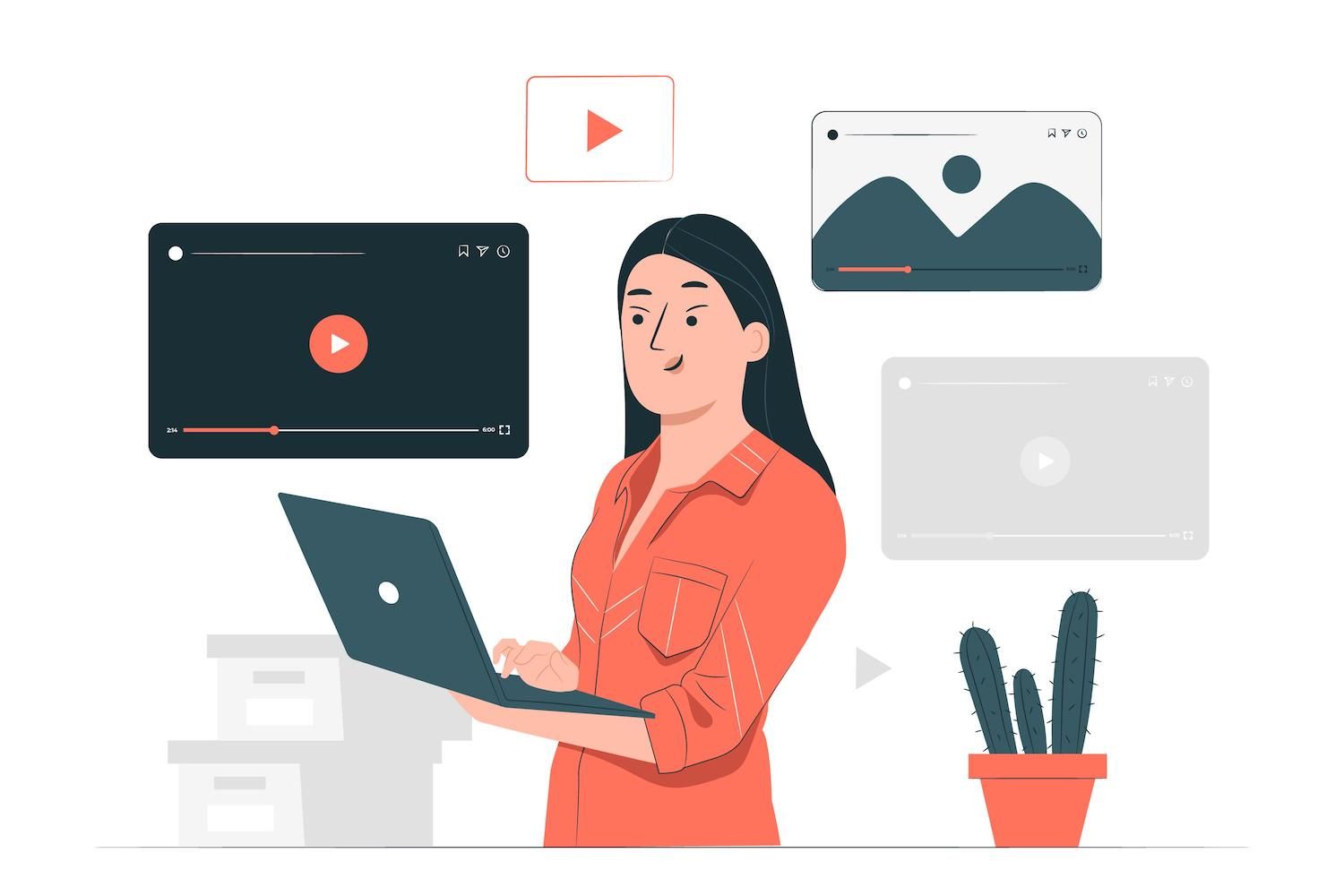SEO stands for what? (+ 7 Tips for Beginners for Ranking a Site)

SEO is a major advertising and marketing strategy for every website.
If you're unfamiliar with it It can be a bit overwhelming. In order to reap the maximum benefits from SEO It is essential to understand what it is and how it functions, and why it can help you.
So...
What Is "SEO" Mean?
SEO is a shorthand for Search Engine Optimization.
The topic is hotly debated and there's plenty of information written about it online:

Let's explore it in some more depth:
What exactly is SEO?
It's about getting users to visit your site without directly paying for advertisements. Oh, and it's one of the areas of marketing where everyone absolutely loves acronyms:
- SERP - Search Engine Results page
- CTR - click-through rate
- CTA Call to Action
- CRO is a conversion rate optimization
- UX - user experience
What "SEO" Means In A nutshell:
SEO is an abbreviation for SEO stands for Search Engine Optimization. It refers to a set of strategies and tactics focused on driving greater users through Search Engines to your pages and also making improvements to help improve your site's ranking on Search Engine Result Pages. Assistance
What are the reasons to care about SEO (Hint: You can get free traffic to Your Site)
The research indicates that websites on the first page of Google are the ones that receive the largest number of clicks. The number of people clicking an online site (CTR) in Google decreases steadily the further lower they appear on their page.

If you've got your SEO in order (we'll examine that in just an instant), your organic traffic can build over the course of time, whereas paid advertising needs ongoing funding.
When you consider that search engines are responsible for the majority of internet traffic, that's a lot of visitors to your site.
Everyday Google gets better and smarter. It still requires aid.
The What's the Catch?
The search engines get more advanced and algorithms change certain tactics cease to work and new ones appear.
But one thing remains: SEO is one of the most reliable sources for long term traffic. SEO can be a difficult task and it is possible that you won't see many benefits in a short time, however it's an expense.
SEO is an endurance race, not a race. Some work upfront will pay off with organic traffic down the road.

Search Engine Basics (And the Ways to Think About SEO)
Search engines are engineered to provide information and solutions.
With regards to the way it handles its approach to search, Google looks at millions of web pages to determine the most relevant information for its users.

The SEO Concept: What Should You Think About
Being aware that Google wants to provide the best solutions to the user's question, there are three rules we can remember when working on SEO:
- Rule 1: Google is for answering people's questions.
- Rule 2: Google has more knowledge than we as well as SEO specialists.
- Rule 3: Google is looking for answers, not ranking techniques.
Then what are you required to accomplish to achieve your website ranked?
Do your best to answer any questions faster than anyone on the Internet. Be careful not to complicate things. And don't try to trick Google with what are often quick-fix strategies.
Look, SEO is kind of straightforward. :)
7 SEO Basics for Beginners
Hopefully, you are starting to realize that SEO isn't all that difficult.
In fact, it's pretty easy. At least, the basics are.
Getting a few SEO fundamentals put in place will make a BIG difference to your site's ranking. The majority of people who run sites don't have SEO expertise.
Just by getting some things done and you'll be well on your journey to getting Google to provide you with visitors in a brief amount of time.
Sound good? Let's go.
1. Utilize the Search Engine Friendly CMS (Like WordPress)
First and foremost, if your site isn't crawlable by Google then it will not be indexed and will not rank.
What does that mean exactly?
Google makes use of automatic crawlers (or bots) to search for websites, index the content and place them in the rankings. If your website is not accessible to these crawlers, your website isn't going to be included to the search results.
If your website isn't indexable, that means Google is not going to index your site. In order for Google to crawl your website and then index it (and why shouldn't you?) it is advisable to have a few things you must set up from the get-go.
Click here to enter: technical SEO.
These are the most important things you can accomplish in WordPress to help your site be crawled and indexed:
Develop an XML Sitemap

Your sitemap is usually located at yourdomain.com/sitemap.xml.
If you are making use of a plugin such as Yoast (like that in our example in the previous example) making a sitemap is simple.

Make the Robots.txt File
Robots.txt is a text file that tells that search engines which areas they may or cannot go on your website. It could look something like similar to this:

Like the sitemap the Yoast plugin will generate a robots.txt file.
Within the Yoast plugin, navigate into Tools >> the File editor and you'll see a button to "Create an robots.txt document."
Untick "Discourage Search Engines" Settings
This one is simple however, it can be a real hindrance to derail your SEO strategies. It's a simple check box that discourages the search engines from indexing your site.
It is typically used when a site is developing to keep it from showing up on Google before it is finished. For this information check settings > Reading then scroll to the bottom and there will be a message:

2. Check that your site works on Mobile (Aka Responsive Design)
Do you want to know how we increased our traffic over 1000 percent?
Join over 20,000 others to get our weekly newsletter with insider WordPress tips!
It's harder to think of someone who doesn't have an iPhone than someone who has. Therefore, it's an unsurprising fact that over 51 percent of users discovered a brand innovative company or product by using their phones to search for information.
According to this research, 52.2% of the traffic on websites worldwide came from mobile phones in the year 2018:

Traffic comparison for WordPress Sites: Desktop vs Mobile vs Everything Else
- 3.395 billion requests were made on desktops
- 3.1 billion requests were made through mobile
- 1.5 billion requests were generated by the other channels including API calls, search engines, crawlers bots, API calls, etc.
What's the main lesson to learn from this?
3. Find an SSL Certificate

In fact, studies have found a positive correlation between HTTPS and better rankings:

4. Be Sure to Have reliable and speedy hosting
Have you ever gone to a website that takes ages to load? Tell me if you did do the same or leave?
The load time of your website is an essential ranking factor since no one would like to sit for a long time to load a webpage. It is likely that if you're caught in this situation and you're stuck, you'll hit the back button and go to another website.
Google has seen people doing this.
Hosting is a major factor in page loading speed. You need to choose an internet service provider that offers good speeds if you care about SEO even a little.
5. Get Links from Other (Relevant) Sites
A hyperlink (or the term "backlink") refers to an HTML hyperlink pointing from one site to another. This is one of the most important aspects for SEO.
The results of studies have revealed that websites with greater (or more) backlinks have a tendency to rank better than pages which have less backlinks

The search engines make use of links
- To find new web pages.
- Help determine where pages are ranked.
Search engines use these links for crawling the web. They crawl links to your site pointing to the additional pages that are on your site (internal links) and they will crawl hyperlinks (backlinks) that link to websites of other companies.
Consider these links as a vote of trust from other sites. Not all links are created equal. It's best to get a handful of links from sites that you can relate to instead of a plethora of useless or irrelevant links to make a point.
Link building is an important issue in SEO. In order to avoid getting off topic Here are some links building tactics you can do:
- Blog guest posts -- find sites that are relevant to your business then write a guest blog for these sites and include a link to your own site.
- Non-linked mentions -- discover those who have written about your name online, but have not connected to you, and then make a request for an online link.
- Steal from your competitors -Find the websites the competition's website has... as well steal them.
- Content repurposing -- turn the blog's post into a video, and vice versa.
There are many more ways to build hyperlinks. You can get some inspiration in this tutorial from Ahref.
6. Create Content that people want to Read
You can't talk about SEO in general without talking about the importance of high-quality content.
"Content is King is a phrase that has been used to death, but the key point is that quality content is important..
Surely, there's more to it that that though?
- Improve readability -- most readers skim over content found online So make sure you divide your text with bullet points and subheadings to ensure that readers aren't intimidated by a huge wall of text.
- Use facts -- if you're stating facts or using a figure to demonstrate a point or to support a claim, include a link to an article which supports the claim.
7. Optimise Your Pages (For Organic Traffic)
The mere fact of having content available on your website doesn't suffice. The site must be optimised so that it will show up on Google in search results for your desired keywords.
Every page must include an "focus keyword" that is optimised to. It doesn't mean that it will just rank for one keyword; in fact, a page may rank for multiple phrases. However, to make things simpler, you want to structure your page optimizations around one term.
Let's look at a few essential elements of optimization.
Title Tags
Title tags are among the primary ways Google will be able to understand what the page's content is. It is important to ensure that the main keyword you're hoping to rank for is in the title tag.
It is important to point out it is important to note that the tag with the headline is not the headline you see on the webpage. These are often H1 and H2 tags. They can also be identical or contain similar keyword, they are distinct elements.
Simply hover your mouse over the tab, and a tiny grayed out square appears for that page:

Be aware of the length of your title tags. What Google will show will vary, but a good rule to aim for is 55-60 characters or 600 pixels.
(Pssst! This handy SERP Preview tool to make sure your title tags aren't too long.)
You want to get your primary keyword into the title, but naturally. The tag for your title is typically the first thing people will see in the results page of a search. So make a good impression to make them want to click through and learn more about your website.
Meta Description
In the event that the headline tag is your site's headline, then the meta description will be the single-line summary enticing people to read more.

There are times when Google decides to not display your meta description and will generate its own for you. But that doesn't mean you shouldn't write them.
The writing of a great meta description can help you get people to click through to actually go to your website. Be aware that appearing in SERPs is only the first step. Still, you must get users to go to your site.
URL
With regards to SEO it is important to remember two major things to keep in mind with URLs:
- Rankings -- URLs can be an insignificant ranking factor. Therefore, it is recommended that you want to put the main keyword you want to rank for into the URL.
- Experience of the user well-designed URL should be easy to comprehend to both search engines and the actual user. Think about this: could you determine what the page has in common by the URL alone?

Just by looking at the URL we are able to tell that this page could be focused on men's skate footwear.
Are you interested in learning the best ways to utilize SEO to boost your website's web traffic? Watch our video:
Then What? (Summary)
You now know the meaning of what SEO means what it is, how it operates, and how you can benefit from it to boost the performance of your website.
Let's look at the things you have to take care of for ranking your website:
- Utilize a search engine friendly CMS (like WordPress).
- Be sure that your site is compatible for mobile devices (aka adaptive design).
- You can get an SSL certificate.
- Make sure that you are using a fast and reliable hosting.
- Find links on various other (relevant) websites.
- Write content people want to be able to.
- Improve your site's performance (for the organic search engine traffic).
Now all that's left to do is optimize your website. Getting Google to send you traffic is a continual process not a one-time thing.
SEO is a race, not a sprint.
Cut down on time, expenses and increase site performance:
- Instant help assistance from WordPress Hosting experts 24/7.
- Cloudflare Enterprise integration.
- The global reach of the audience is enhanced by 34 data centers across the globe.
- Optimization using the built-in Application to monitor performance.
